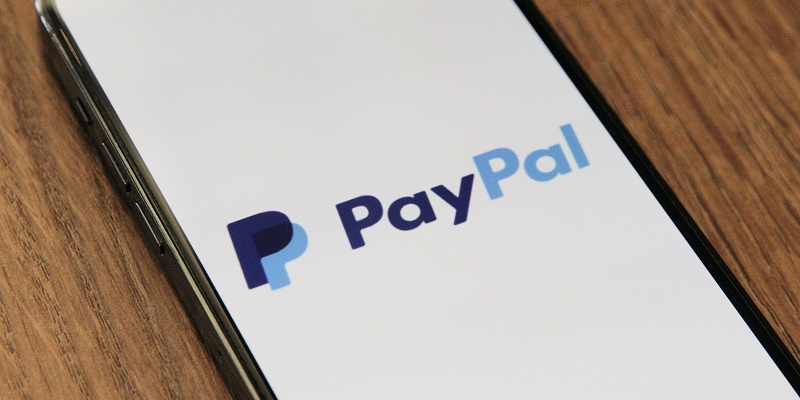PayPal, the leading online payments service, has made a groundbreaking move by introducing its own stablecoin, “PYUSD,” on the Ethereum blockchain. This announcement marks PayPal as the first online payments service to venture into the realm of stablecoins, and it aims to revolutionize the way digital payments are made. With over 430 million monthly users, PayPal aims to establish itself as a leader in the cryptocurrency space while offering innovative solutions to its vast user base.
Understanding USD
PYUSD is a stablecoin designed primarily for digital payments. What sets it apart is its 100% peg to US dollar deposits, short-term Treasuries, and other similar cash equivalents. This peg ensures that the value of PYUSD remains stable and predictable, alleviating the concerns of price volatility commonly associated with other cryptocurrencies. PayPal’s dedication to stability is underpinned by its commitment to back each unit of PYUSD with real-world assets, strengthening its reliability.
PayPal’s Motivation
PayPal’s decision to introduce its own stablecoin stems from its desire to lead the cryptocurrency sphere. By embracing the potential of stablecoins, PayPal aims to push the boundaries of online payments and deliver innovative solutions to its massive user base. With its vast reach and influence, PayPal’s entry into the stablecoin market could significantly impact the cryptocurrency landscape.
The use of PYUSD
PYUSD serves as an alternative to cryptocurrencies with significant price fluctuations, making it an ideal choice for users seeking stability in their digital payments. Users can utilize PYUSD for online purchases at stores that support PayPal transactions, effectively integrating the stablecoin into PayPal’s existing ecosystem. Furthermore, users can transfer PYUSD to cryptocurrency wallets that support the stablecoin, expanding its usability within the broader cryptocurrency community.
Stability and Compatibility of PYUSD
PYUSD’s stability and compatibility make it perfectly suited for Web3 environments, which represent the next generation of the internet. As Web3 gains traction, the stability offered by PYUSD can enhance seamless transactions within this ecosystem. With its solid backing of real-world assets, PYUSD presents an ideal unit of exchange in the evolving landscape where blockchain and decentralized applications are becoming increasingly prevalent.
Benefits of PYUSD
One of the key advantages of PYUSD is its ability to facilitate cheaper and faster transactions compared to traditional payment systems. The integration of PYUSD into PayPal’s platform provides users with the opportunity to enjoy streamlined and cost-effective transactions. This newfound efficiency opens doors to various applications, including remittances, allowing users to send and receive funds rapidly and securely.
Impact on the Cryptocurrency Landscape
The wider adoption of PYUSD through PayPal’s immense popularity could have far-reaching implications for the entire cryptocurrency landscape. As users become more familiar with PYUSD, it may encourage the entry of new users into the cryptocurrency space. Additionally, the stability and convenience of PYUSD can increase the practicality of using cryptocurrencies in everyday transactions, moving closer to the mainstream adoption of digital currencies.
Integration with PayPal
Depending on how PayPal integrates PYUSD into its platform, this move has the potential to create a seamless connection between traditional financial systems and the cryptocurrency world. By bridging these two realms, PayPal could enhance user experience and transaction processes, making the transition from conventional payments to cryptocurrencies more accessible and convenient.
PayPal’s introduction of PYUSD represents a significant leap forward in the world of stablecoins and digital payments. With its commitment to stability, reliability, and compatibility, PYUSD offers users a secure and predictable unit of exchange. As PYUSD gains wider adoption through PayPal’s popularity, the practicality of using digital currencies in everyday transactions may soar, shaping the future of online payments and the overall cryptocurrency landscape. As PayPal establishes itself as a leader in the cryptocurrency space, its integration of PYUSD into its platform creates exciting opportunities for users and sets the stage for a more interconnected financial future.

